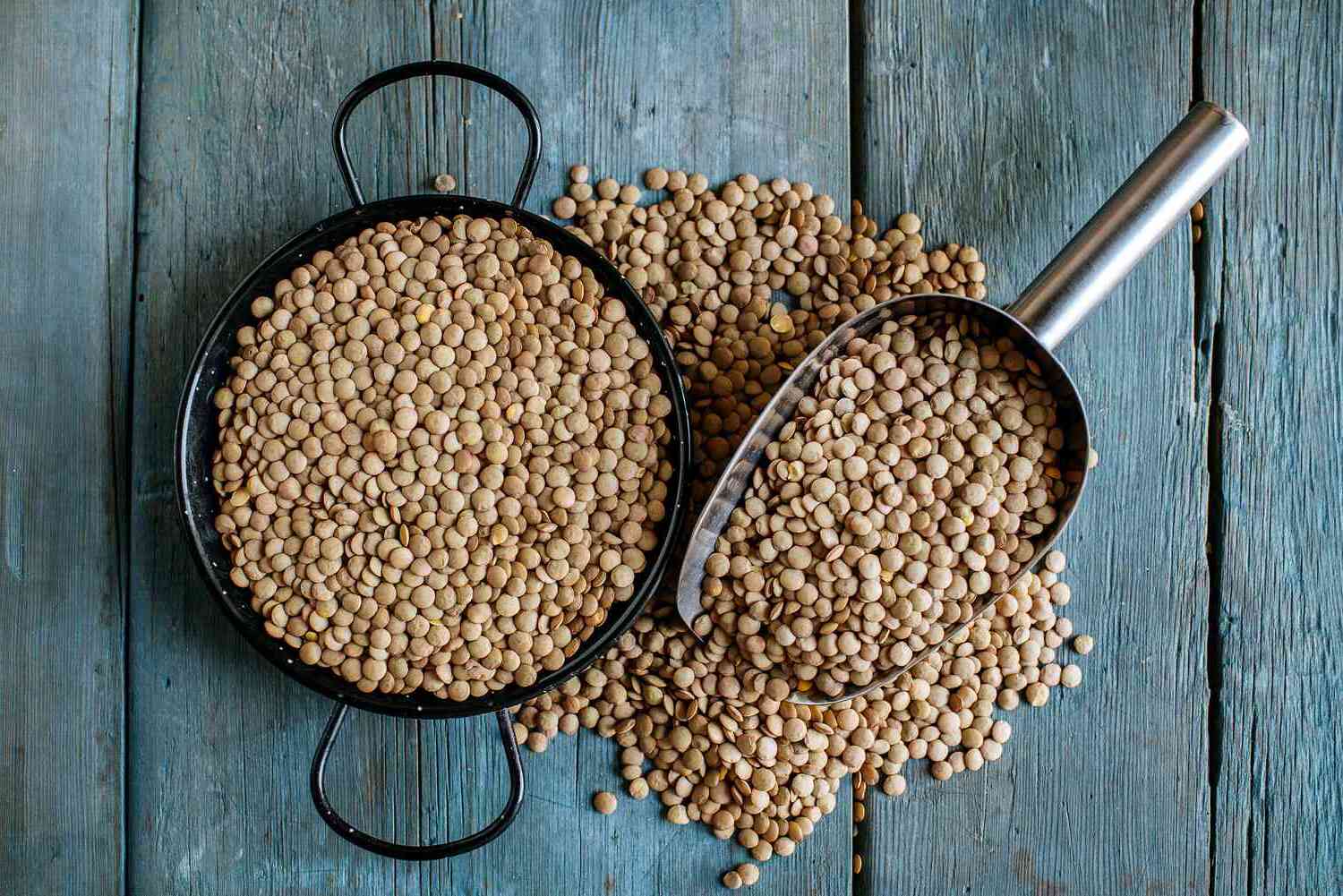
Dietary fiber is a crucial part of a healthy diet, yet many people don't fully understand its benefits. What exactly is dietary fiber? It's the part of plant foods your body can't digest or absorb. Unlike fats, proteins, or carbohydrates, fiber passes relatively intact through your stomach, small intestine, and colon. This journey helps regulate your body's use of sugars, keeping hunger and blood sugar in check. There are two types: soluble, which dissolves in water, and insoluble, which doesn't. Both types are important for different reasons. Why should you care about fiber? It can help prevent heart disease, diabetes, weight gain, and some cancers, and also improve digestive health. Ready to learn more? Let's dive into 26 fascinating facts about dietary fiber that will change how you look at your plate.
What is Dietary Fiber?
Dietary fiber, often called roughage, is a plant-based nutrient. It is essential for digestion and overall health. Let's dive into some interesting facts about dietary fiber.
-
Two Types of Fiber: There are two main types of dietary fiber: soluble and insoluble. Soluble fiber dissolves in water, forming a gel-like substance, while insoluble fiber does not dissolve and helps move material through the digestive system.
-
Found in Plants: Fiber is found in plant-based foods like fruits, vegetables, grains, and legumes. Animal products do not contain fiber.
-
Promotes Digestive Health: Fiber helps prevent constipation by adding bulk to stool and promoting regular bowel movements.
-
Controls Blood Sugar Levels: Soluble fiber can slow the absorption of sugar, helping to control blood sugar levels.
-
Lowers Cholesterol: Soluble fiber can reduce levels of LDL (bad) cholesterol by binding to cholesterol particles in the digestive system and removing them from the body.
Benefits of Dietary Fiber
Fiber offers numerous health benefits beyond just aiding digestion. Here are some key advantages.
-
Aids in Weight Management: High-fiber foods are more filling, which can help control appetite and reduce overall calorie intake.
-
Reduces Risk of Heart Disease: A diet high in fiber has been linked to a lower risk of developing heart disease.
-
Supports Gut Health: Fiber acts as a prebiotic, feeding the beneficial bacteria in the gut, which supports a healthy microbiome.
-
May Prevent Certain Cancers: Some studies suggest that a high-fiber diet may reduce the risk of colorectal cancer.
-
Improves Skin Health: Fiber helps flush out toxins from the body, which can lead to clearer skin.
Sources of Dietary Fiber
Incorporating fiber into your diet is easier than you might think. Here are some excellent sources.
-
Whole Grains: Foods like brown rice, oats, and whole wheat bread are rich in fiber.
-
Fruits: Apples, bananas, oranges, and berries are all high in fiber.
-
Vegetables: Broccoli, carrots, and Brussels sprouts are great vegetable sources of fiber.
-
Legumes: Beans, lentils, and chickpeas are packed with fiber.
-
Nuts and Seeds: Almonds, chia seeds, and flaxseeds are excellent sources of dietary fiber.
How Much Fiber Do You Need?
Knowing how much fiber to consume daily is crucial for reaping its benefits.
-
Daily Recommendations: The recommended daily intake of fiber is about 25 grams for women and 38 grams for men.
-
Gradual Increase: If you're not used to eating fiber, increase your intake gradually to avoid digestive discomfort.
-
Hydration is Key: Drinking plenty of water is essential when increasing fiber intake, as fiber absorbs water.
Interesting Fiber Facts
Here are some lesser-known facts about dietary fiber that might surprise you.
-
Fiber and Longevity: Studies have shown that a high-fiber diet is associated with a longer lifespan.
-
Fiber Supplements: While whole foods are the best source, fiber supplements can help if you're not getting enough from your diet.
-
Fiber and Mental Health: Emerging research suggests that a high-fiber diet may positively impact mental health by supporting gut health.
-
Fiber in Processed Foods: Many processed foods are low in fiber, so it's best to focus on whole, unprocessed foods.
-
Fiber and Hydration: Fiber helps retain water in the intestines, which can aid in hydration.
-
Fiber and Blood Pressure: Some studies indicate that a high-fiber diet may help lower blood pressure.
-
Fiber and Immune System: A healthy gut supported by fiber can strengthen the immune system.
-
Fiber and Aging: A diet rich in fiber can help maintain healthy aging by supporting digestive health and reducing the risk of chronic diseases.
Fiber: The Unsung Hero
Dietary fiber plays a crucial role in maintaining overall health. It aids digestion, helps control blood sugar levels, and supports heart health. Including a variety of fiber-rich foods like fruits, vegetables, whole grains, and legumes in your diet can make a significant difference.
Fiber also promotes a healthy gut microbiome, which is essential for immune function and mental well-being. Plus, it helps with weight management by keeping you full longer.
Don't overlook the importance of staying hydrated when increasing fiber intake. Water helps fiber do its job effectively.
Incorporating more fiber into your meals doesn't have to be complicated. Simple swaps like choosing whole grain bread over white bread or adding beans to your salad can boost your fiber intake.
Remember, small changes can lead to big health benefits. So, make fiber a regular part of your diet and enjoy the positive impact on your health.
Was this page helpful?
Our commitment to delivering trustworthy and engaging content is at the heart of what we do. Each fact on our site is contributed by real users like you, bringing a wealth of diverse insights and information. To ensure the highest standards of accuracy and reliability, our dedicated editors meticulously review each submission. This process guarantees that the facts we share are not only fascinating but also credible. Trust in our commitment to quality and authenticity as you explore and learn with us.


